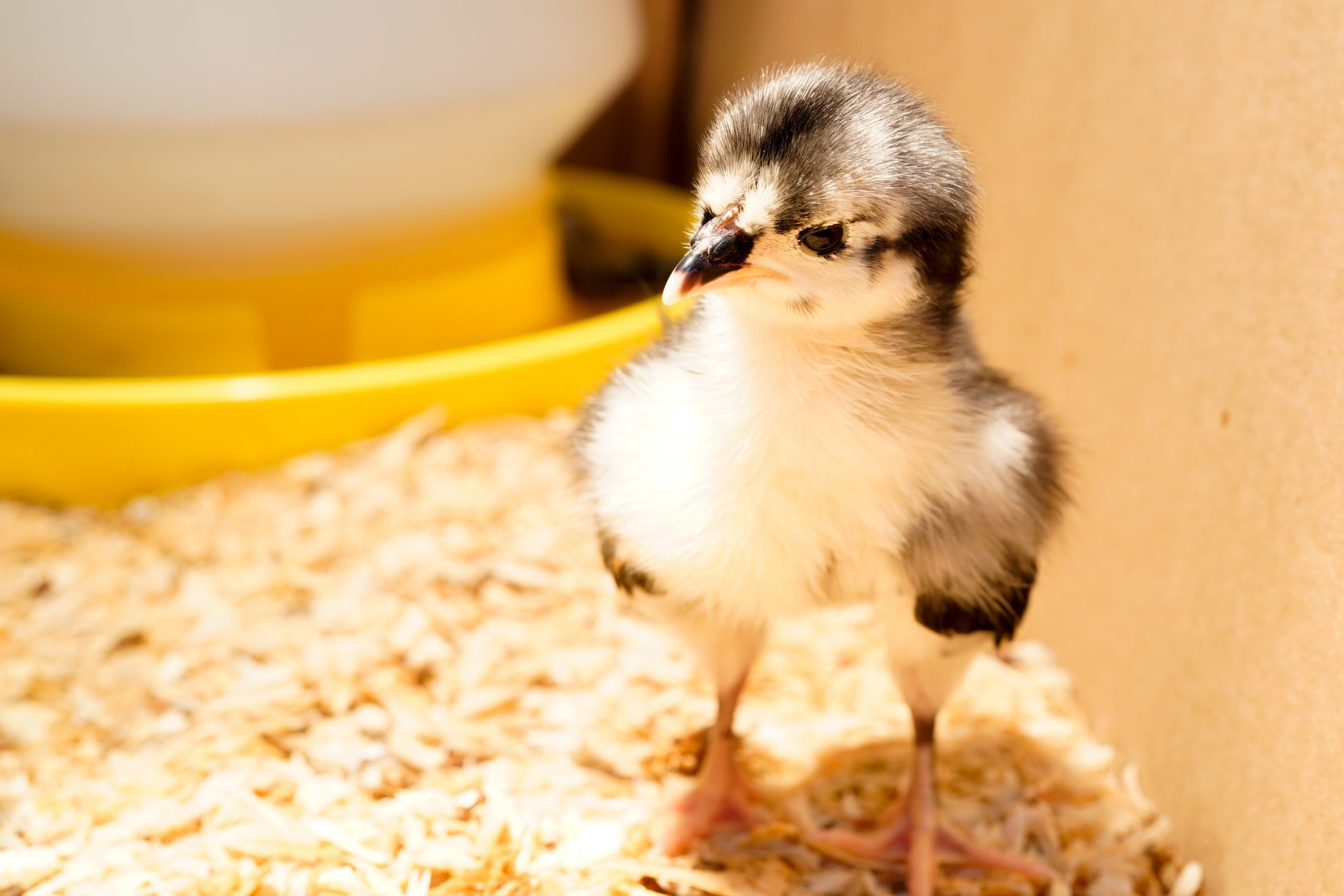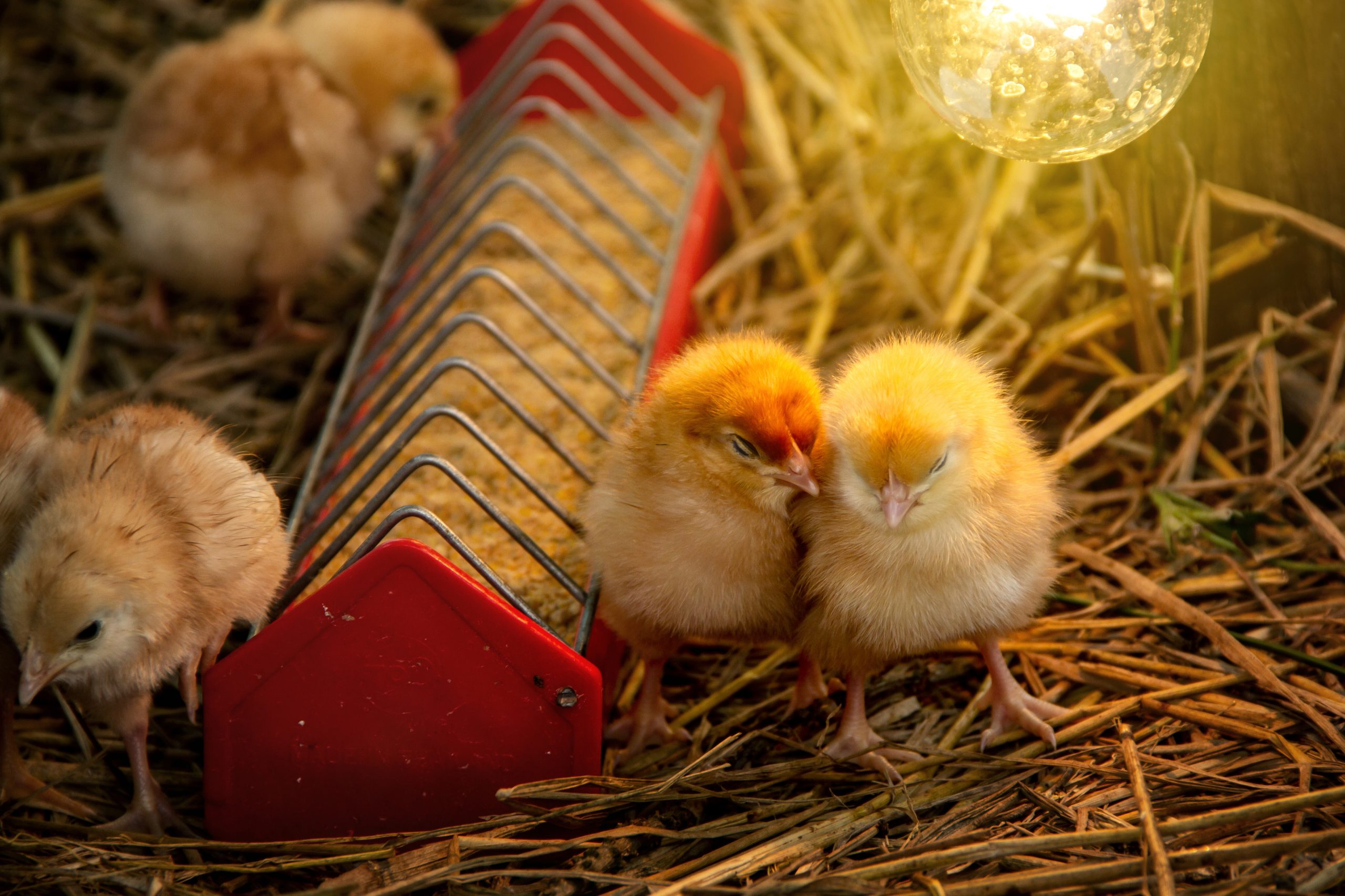In the last post on raising winter chicks, we talked about the benefits of starting chicks in the winter This post will touch on a few of the concerns people sometimes have about winter chicks: heating requirements, when you can move the chicks out of the brooder, and shipping chicks during cold, winter weather
The Cons of Raising Chicks in the Winter
- Where will you keep your chicks?
You will need to consider that baby chicks need a lot of heat, with temperatures around 90F for the first week, and slowly decreasing as


